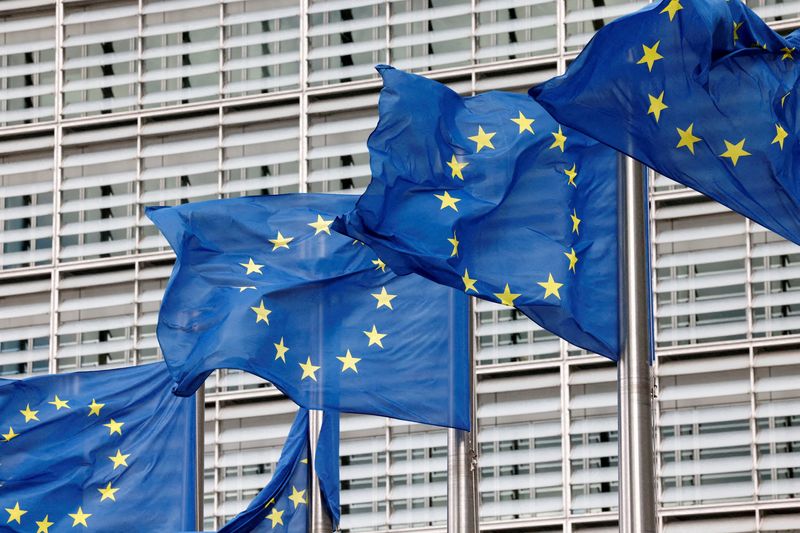EU and the carbon deal
2022.12.12 05:37
[ad_1]

EU and the carbon deal
Budrigannews.com – The European Union believes that a carbon dioxide tariff on imports of polluting goods like steel and cement is essential to support European industry during the low-carbon transition and hopes to reach an agreement on Tuesday.
Imports of steel, cement, fertilizers, aluminum, and electricity would be subject to CO2 emissions costs starting in 2026, according to a proposal made by the EU last year. This was done to stop domestic industry from being undercut by cheaper goods made in countries with weaker environmental regulations.
On Tuesday evening, negotiators from EU nations and the European Parliament hope to reach an agreement on the world-first law, after which both parties would need to officially endorse it.
A representative of the EU parliament stated that while they hoped for a settlement, there were still some unresolved issues. Organic chemicals, hydrogen, and plastics, for instance, would be included in the proposed expansion of the levy by EU lawmakers. Additionally, it is still up for debate whether it will be in effect in 2026 or 2027.
More LME nickel volatility continues
Companies that import goods into Europe would be required to purchase certificates to cover the CO2 emissions of those goods under the EU scheme. The objective is to level the playing field between domestic EU industries and foreign companies that must purchase permits from the EU carbon market when they pollute.
The EU demand has confronted analysis from nations including China, despite the fact that Brussels has said nations could be excluded in the event that they have a homegrown CO2 value much the same as the Eu’s, or comparable environmental change targets.
Frans Timmermans, the head of EU climate policy, said in September that the United States might avoid the tax because of that.
By reducing EU emissions by 55% by 2030 from 1990 levels, the tariff is part of a package of EU policies designed to help the world avoid catastrophic climate change.
Separate EU discussions in the not so distant future will look for an arrangement on the focal point of that bundle – a change of the EU carbon market. In addition, the pace at which EU industries will lose their free CO2 permits, which Brussels claims must be phased out when its carbon border tariff is phased in to comply with WTO regulations, will be decided in those talks.








